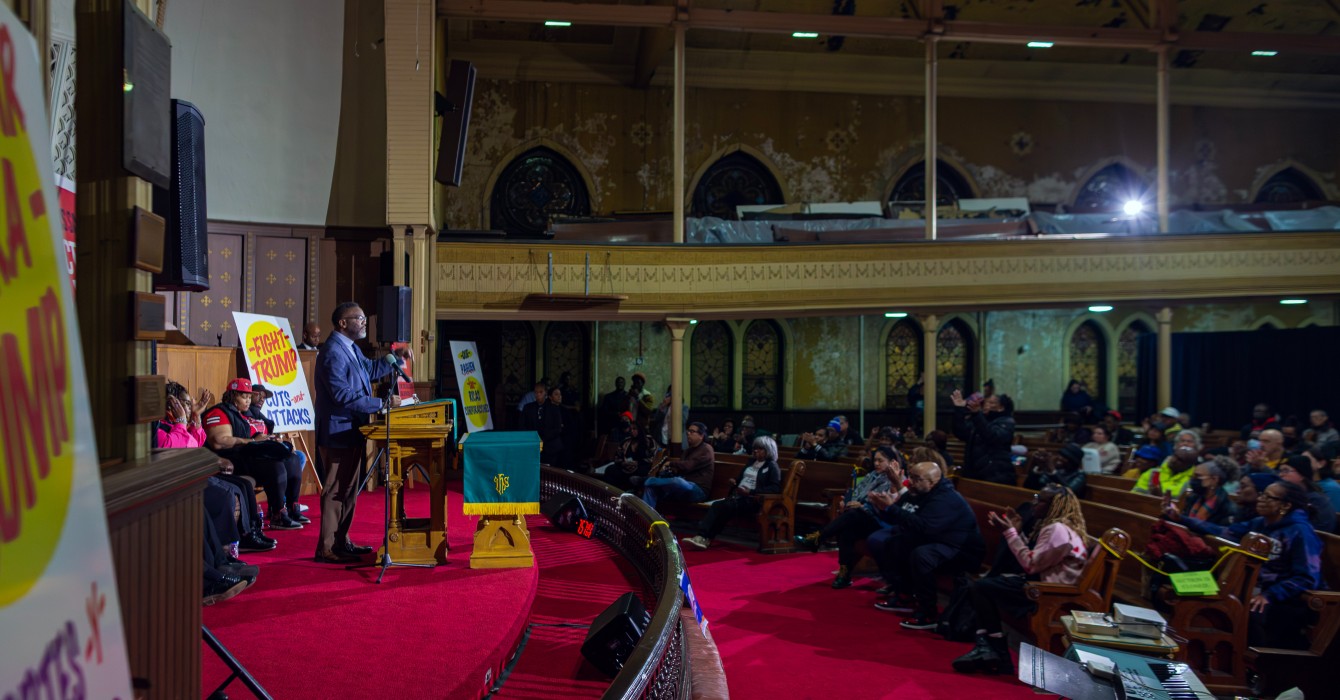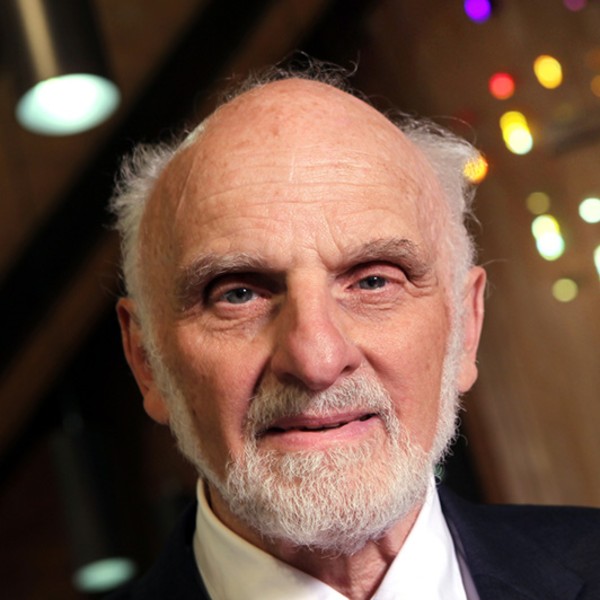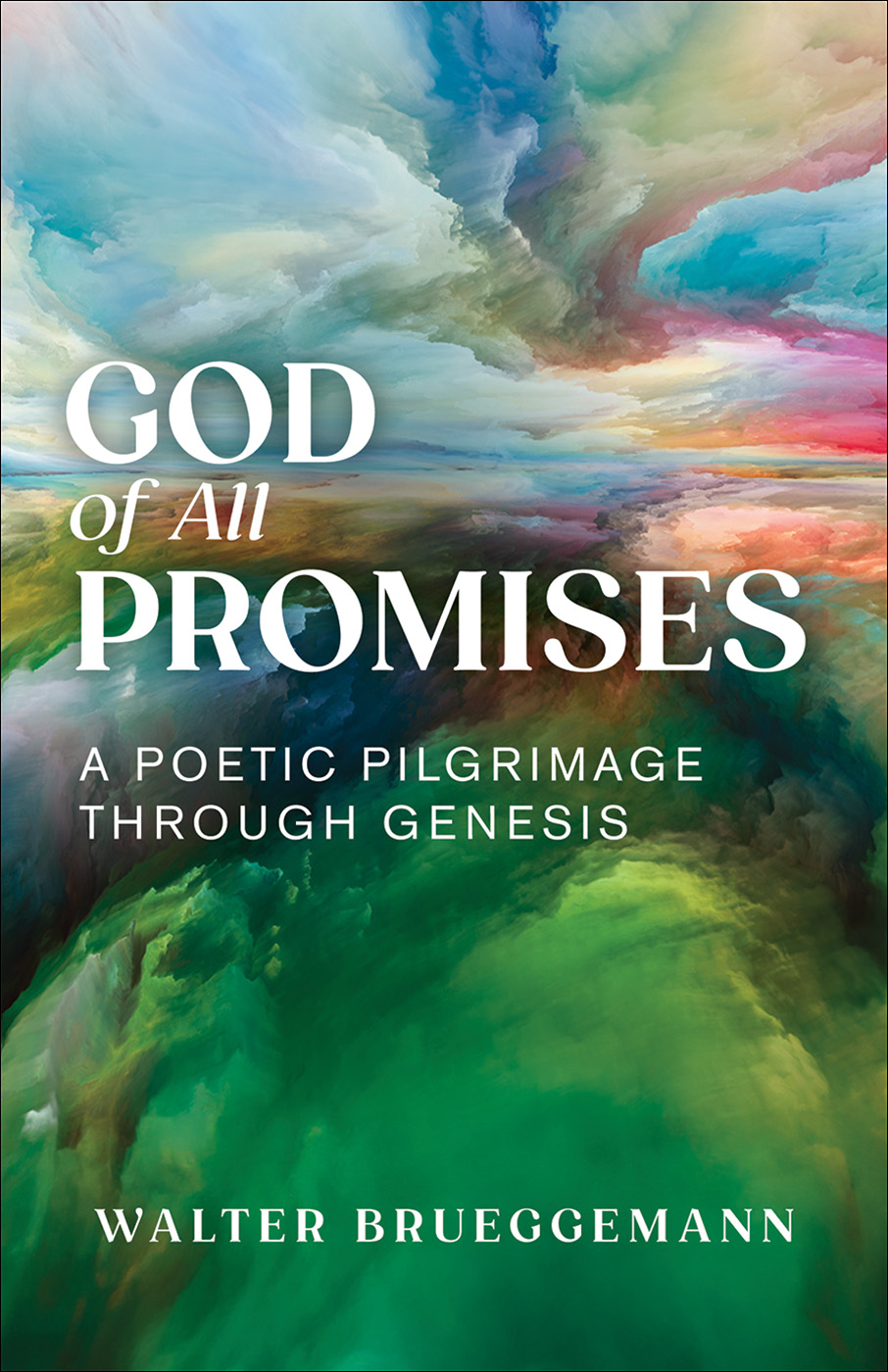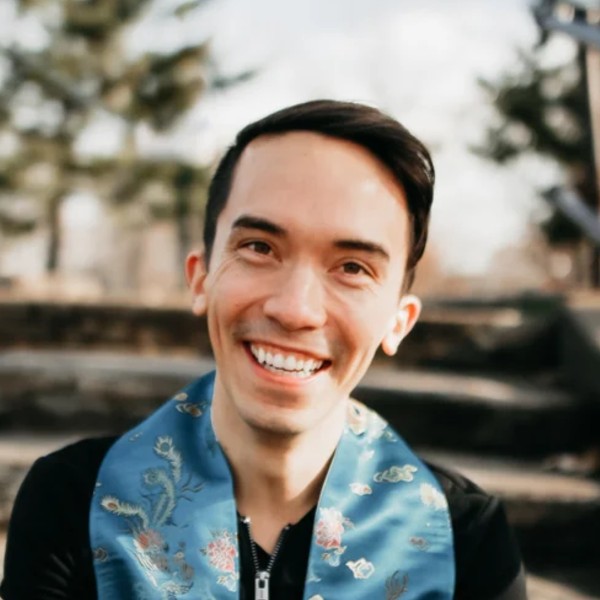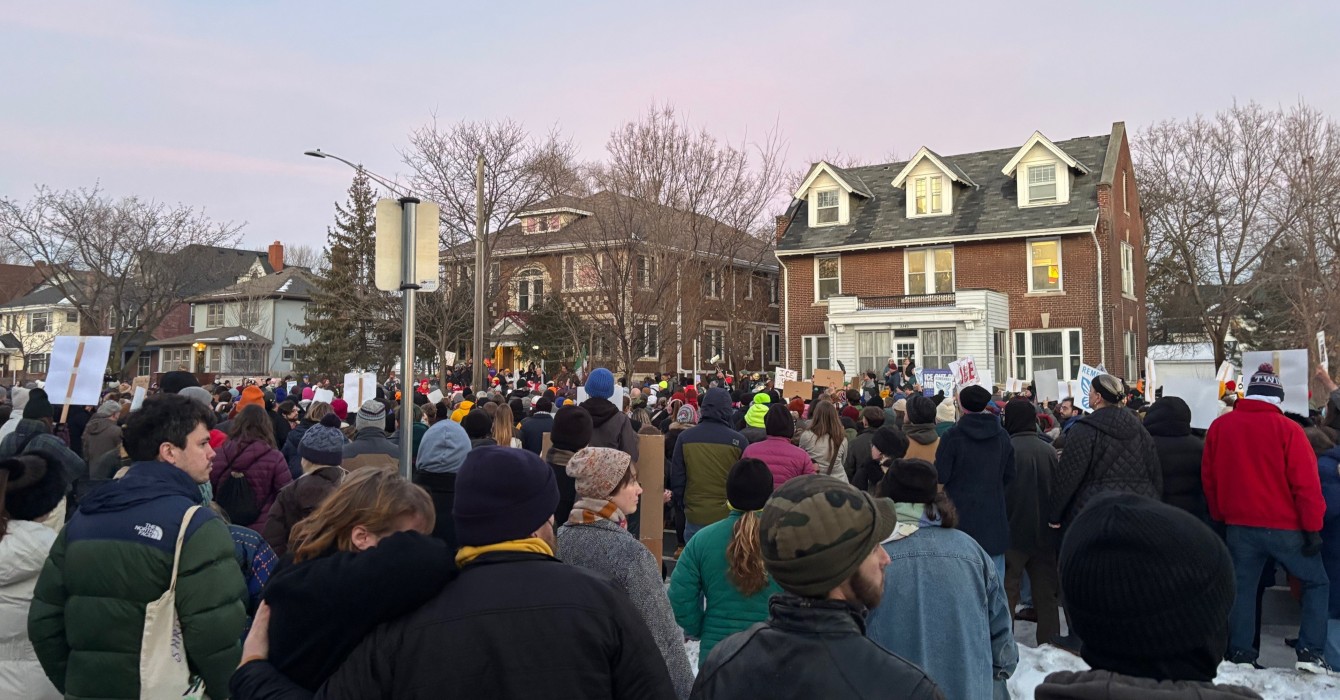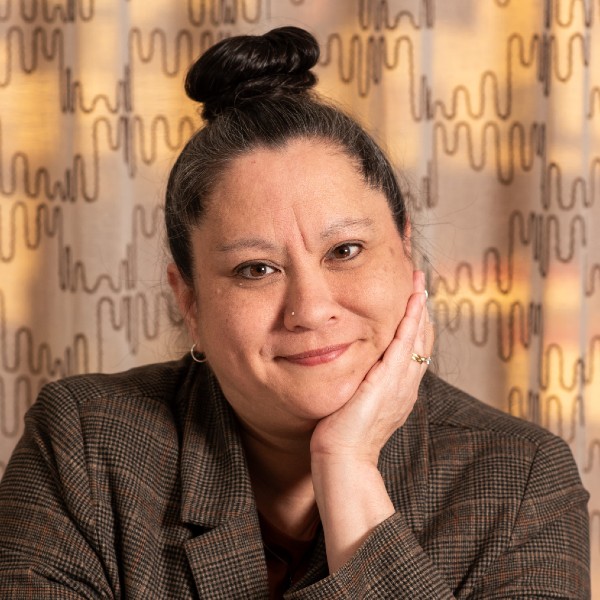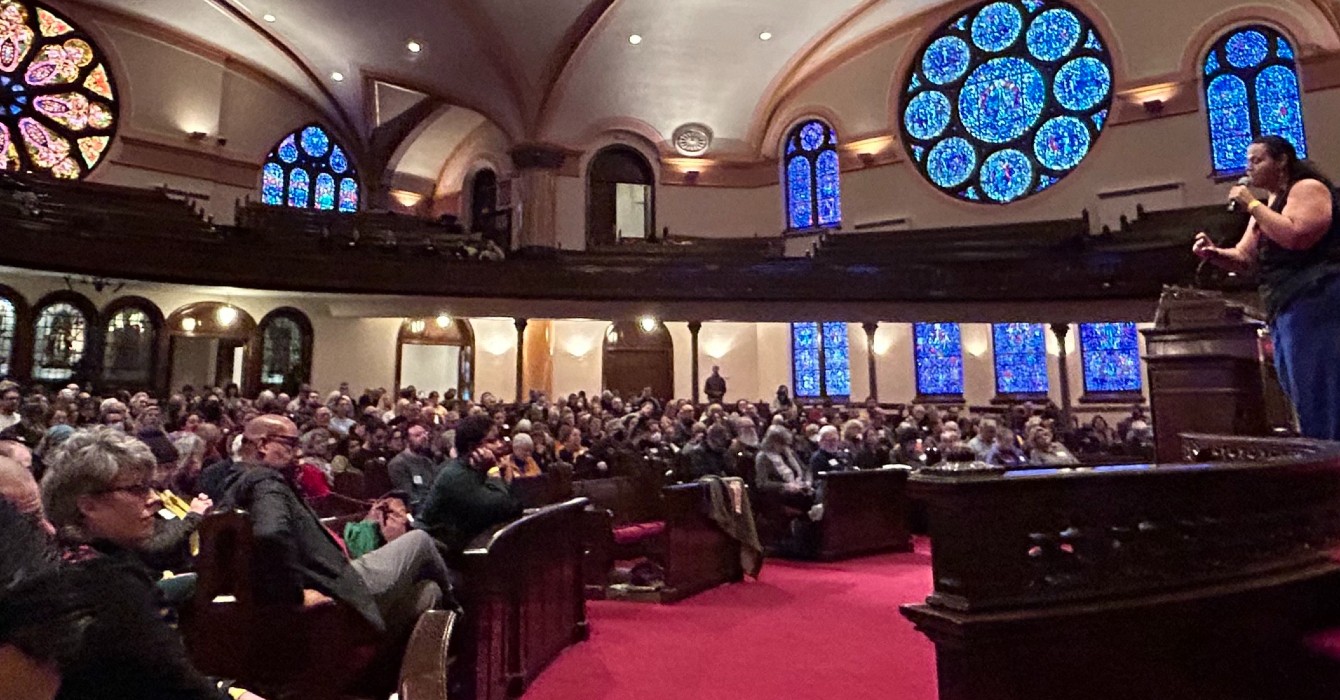As I drove toward Jamestown, Virginia, I saw signs celebrating the heritage and history of the site. The words on the signs were flowery and delicate, evoking the brave souls who lived in the first permanent English settlement in the Americas.
Yet I noticed that there was no reference to the Africans who built it.
I’d been thinking about visiting for a while. For three years, I’d attended the Hampton University Ministers’ Conference in Hampton, Virginia, one of the largest black ecumenical gatherings in the nation. At the conference, I would often see brochures about the nearby Jamestown settlement.
As a lover of history, I was thrilled to get an opportunity to visit the “birthplace of America.” At the same time, I was struggling with the fact that it is also the birthplace of American slavery -- a place of pain, sorrow and tragedy.
But after several years, I finally decided it was time to go. This year marks the 400th anniversary of the beginning of slavery in this country; in August 1619, the first documented African captives were brought here and sold to the Jamestown colonists.
When I arrived at the site, I was overwhelmed by the sense of history. The layout of the community is still intact. In the center of town was the church -- in 1619, a large building whose impressive cobblestone foundation has remained in place beneath later reconstructions.
Farther down the road, I could hear someone talking. It turned out to be an archaeologist doing a dig related to an enslaved woman named Angela.
I also spoke with a historian at the site. He pointed to the shore, saying, “That’s where about 20 African slaves stepped off the boat onto this land in 1619.” He explained that the residents of Jamestown paraded these Africans through the town, and he showed me the ruins of the slave quarters. It shocked me. The word “parade” lodged in my soul.
I went from a place of freedom (church) to bondage (slavery) just that quickly.
Yet the curator also pointed out that the slaves were “physically shackled, but their minds were free.” People would have you believe that these slaves were stupid or unintelligent, he said, but if it weren’t for them, there would be no America. When the settlers couldn’t grow anything, he explained, the slaves from West Africa planted crops and saved them.
This story of black resiliency, which began on the land where I was standing, has been the story of blacks in America for four centuries. And it’s a story that is important for every American to know and to name.
People across the country are working to make that happen. At the Massachusetts Council of Churches, where I work, we are gathering the sacred stories of black resiliency as part of our commemoration of the 400th anniversary.
In Massachusetts, we revere the white abolitionists who fought against slavery, but too often we fail to recognize the black leaders -- including black church leaders -- who contributed to our state’s history.
So we are creating a litany for an ecumenical worship service marking the occasion, and we are collecting stories of black resiliency. We want to tell the many sacred stories -- among them, the history of St. John’s Congregational Church, founded in 1848; the success of world champion cyclist “Major” Taylor; the triumph of Elizabeth Freeman, the first African American to win freedom in court in Massachusetts.
We want to name the black Christians who founded churches; the ones who worked in the whaling industry; the ones who came together with indigenous people to work toward common liberation. These are all examples of black resiliency.
Sometimes I think this resiliency is “caught rather than taught.” In my case, it was passed down from my grandmother, who showed me her hands and told me how she had picked cotton. She told me about the pain of losing her brother because there was no hospital for blacks in her city. That’s part of my sacred story.
As a pastor, I cultivate my own resiliency and try to convey it to my parishioners. God has called us to move forward, and we can move forward by keeping the words of the prophet Micah in front us: “What does the Lord require of you? To act justly and to love mercy and to walk humbly with your God” (Micah 6:8 NIV).
This anniversary of the arrival of enslaved people in Jamestown calls us to remember what those enslaved people and their descendants have faced during the past 400 years. The story is important to name not just to weep -- although that’s OK -- but also to recognize the joy and the resiliency of black Americans.
We will continue to lean on that joy, even as we remember the past and envision the future.





